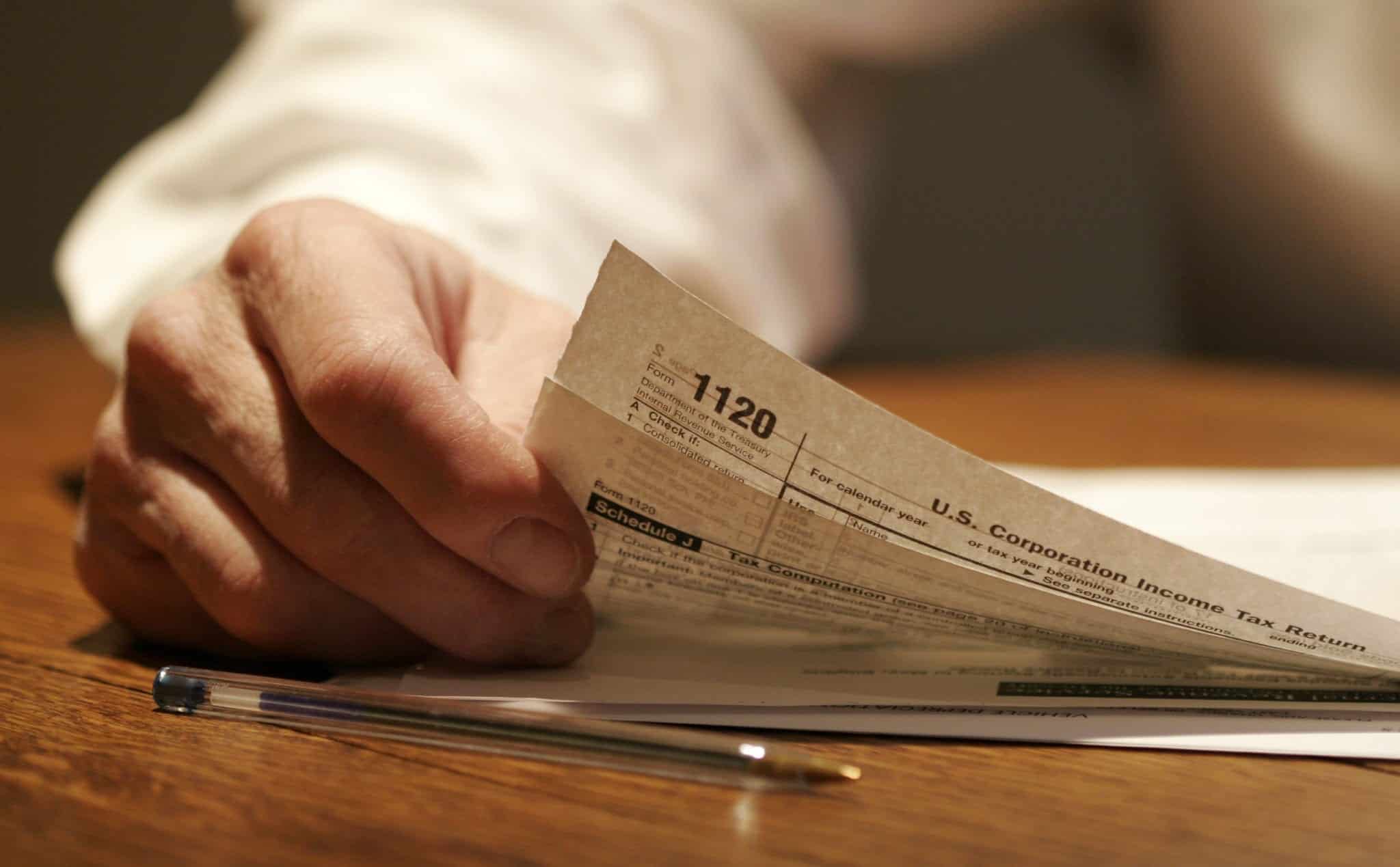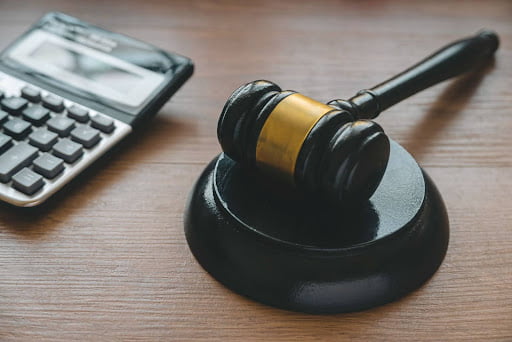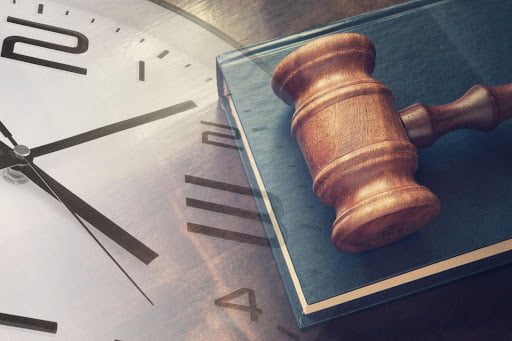When you’ve finally received a settlement in your personal injury lawsuit, it can feel like finally reaching the light at the end of a long, dark tunnel. You finally have the compensation that you need to treat your injuries and move on with your life. However, once you’ve received your settlement, there is still one issue that needs to be resolved: Taxes. Depending on the type of damages awarded in your settlement, you may be required to pay at least some taxes upon receiving your compensation. Keep reading to find out if you need to pay taxes on your personal injury settlement and learn why you need to consult a personal injury lawyer.
General and Compensatory Damage
The two most common form of damages awarded in a personal injury suit are general or compensatory damage. These damages usually are given for the specific purpose of paying medical bills that you have accrued as a direct result of your injury. If these are the only damages that you receive through the course of your personal injury suit, then you most likely will not be required to pay taxes on this sum. The reason for this is that compensatory damages are meant to be restitution for money you have already lost. Compensatory damages, however, are not exclusively limited to medical losses.
Damages for Vehicle Repair or for Lost Income
Similar to compensation for medical expenses, damages awarded for the purpose of repairing a damaged vehicle are not subject to taxation due to the fact that you were forced to repair your vehicle through no fault of your own.
When it comes to damages for lost income, however, it is an entirely different matter. If you receive damages meant to replace income that was lost due to your injury, then these damages are subject to being taxed. Lost income damages are taxable for the simple reason that had you not lost the income you would have been required to pay taxes on it.
What About Punitive Damages?
Finally, depending on the severity of your injury, you might be awarded punitive damages. These damages are meant to be particularly harsh to both punish the liable party for extreme negligence, as well as to deter future incidences. Although punitive damages are rare, they are sometimes awarded, and if you receive punitive damages in your case, then you will almost always be required to pay taxes on this type of settlement. Once you receive punitive damages, it is a good idea to consult your personal injury attorney about whether you must pay taxes or not.
Consult with a Personal Injury Lawyer
The effects of a personal injury are almost incalculable, which is why it’s important that you get the compensation that you need to move on with your life. However, being awarded the right type of damages in your personal injury lawsuit requires getting the right type of legal help. Fight for your just compensation by hiring an expert personal injury lawyer from the McMahan Law Firm. Our high quality legal team will be able to advise you on the best way to handle your case, including whether or not you’ll need to pay taxes on any possible settlement. Contact the McMahan Law Firm today to start work on your case.

















